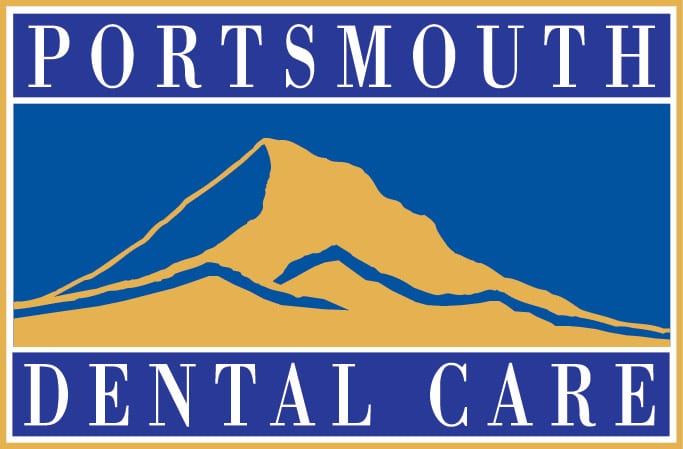
Technology is constantly changing & it’s easy to get wrapped up in all the new stuff. Smart phones, smart homes, smart televisions, smart cars. When it comes to your dental care, is the most recent tech the best option?
For your in-office care, we believe it is important to have the most updated technology. Technology helps us care for you better, with more efficient, effective tools that often make our dentistry gentler, quicker & more accurate. But when it comes to your at-home dental hygiene, having the most updated technology is a personal decision, one with many factors to consider.
Effectiveness
First, when deciding whether to incorporate technology into your dental hygiene routine, we suggest looking at how effective your options are. First & foremost, you want to make sure the tools you use are giving you the results you need. Of course, it’s important to remember that even the least effective tool is more effective than a tool you don’t use.
Studies have shown that electric toothbrushes remove slightly more plaque from teeth than regular toothbrushes. Similarly, water flossers were found to remove a bit more plaque from between teeth than floss, but they were also more effective at cleaning gums & reducing gum bleeding.
Ease of Use
Regardless of its effectiveness, if a tool is not easy to use, you’re simply less likely to use it. For toothbrushes, look for one that is easy to hold & move around your teeth & gums. Same goes for floss; patients who find it difficult to get regular floss back to their molars may find the attachments on a water flosser much easier to maneuver. Additionally, if you have traditional braces, water flossers are much easier to use than regular floss, which requires a threader to get under the wires.
Convenience is also important when talking about whether a tool is easy to use. Toothbrushes & floss must be easy to grab in your bathroom & that means you must have room for the tools you use. Electric toothbrushes come with a charging stand that doesn’t take much room on your counter though it does require access to an electrical outlet. Water flossers also require power, but they need a lot more space than regular floss. While it might be tempting to store larger tools elsewhere, we recommend keeping your toothbrush & floss out in the open so you don’t risk skipping either essential daily activity.
Cost
For many patients, the decision between high tech & manual dental hygiene tools comes down to cost. We recommend you include long-term costs in your research. Electronic tools can cost a lot more up front, though there are plenty of options in lower price ranges. However, tech or no tech, each tool requires some level of replacement every few months, whether it’s electric toothbrush heads, manual toothbrushes, manual floss or water flosser tips.
Consistency
Ultimately, the decision is a personal one. Regardless of whether you decide to keep up with the latest tech or stick with the classic manual tools, the most important thing is that you are brushing your teeth twice a day, flossing every day & keeping up with your six-month dental visits. As your personal dental advocates, we are always glad to talk to you about your options when it comes to your at-home dental tools.
Don’t forget, it’s always a good idea to have backup tools in case your primary ones break, run out of battery or simply wear out.
Appointments Before & After Work or School & on Saturdays & Sundays!
Request Online or Call Today!
Related Posts
Counterproductive Brushing Habits & Fixes
If you brush your teeth at least twice a day, you’re doing great. Regular brushing is the key to preventing tooth pain & expensive procedures.
Solutions for Slowing Sensitivity in Teeth
As our teeth are exposed to more & more foods that wear away enamel, our teeth can become sensitive to things like hot & cold food & drink.
Teaching Your Child Good Dental Habits
Good dental habits like brushing your teeth are important for your oral & overall health, but to kids, they can feel like a chore. Even though baby teeth will fall out eventually, it’s important to keep them healthy because they are guides & space holders for permanent teeth. Here are some tips for teaching your kids good dental hygiene habits to solidify their oral health for a lifetime.



